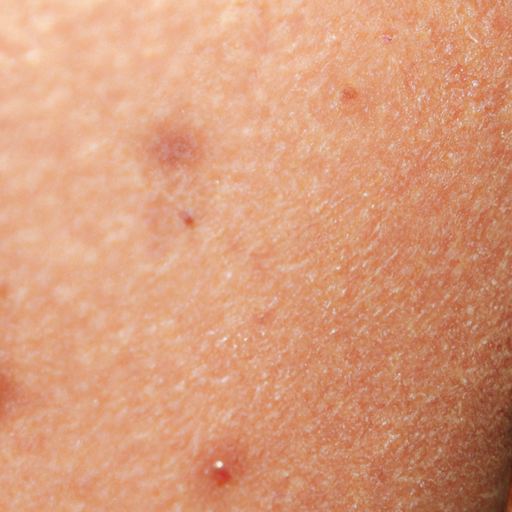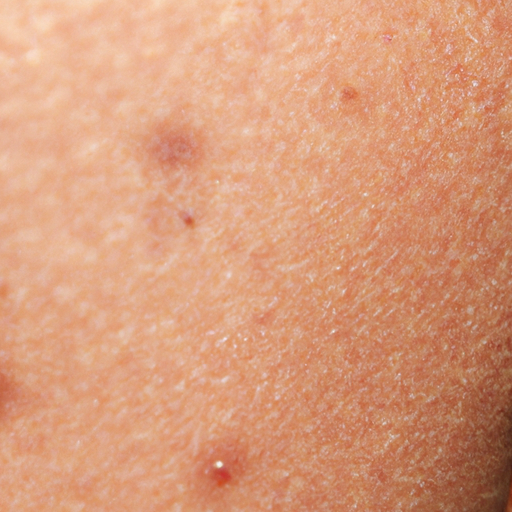Title: Unmasking Acne: A Comprehensive Guide to Diagnosis and Treatment
Acne is a common skin condition that affects millions of people worldwide. It can cause significant emotional distress and self-esteem issues, especially among teenagers and young adults. Understanding the causes, diagnosis, and treatment options for acne is crucial to managing this skin condition effectively. This article aims to provide an expert’s perspective on unmasking acne, offering a comprehensive guide to its diagnosis and treatment.
Acne typically manifests as pimples, blackheads, or whiteheads, primarily on the face, chest, and back. It occurs when the skin’s oil glands produce excessive sebum, leading to clogged pores. The situation worsens when bacteria invade these blocked pores, causing inflammation and acne breakouts.
Diagnosing acne is usually straightforward. Dermatologists identify it based on the appearance of the skin. However, determining the underlying causes can be more complex. Factors such as hormonal changes, stress, diet, and certain medications can contribute to acne development.
A comprehensive acne treatment plan targets reducing sebum production, fighting bacterial infection, promoting skin cell turnover, and reducing inflammation. The choice of treatment often depends on the acne’s severity and the patient’s individual needs.
Over-the-counter (OTC) treatments are typically the first line of defense against mild acne. These products contain active ingredients like salicylic acid, benzoyl peroxide, and sulfur, which help unclog pores and reduce inflammation.
For moderate to severe acne, prescription medications may be necessary. Topical retinoids are often recommended as they promote cell turnover and prevent pore clogging. Antibiotics can also be prescribed to combat bacterial infection.
In some cases, oral medications such as isotretinoin or hormonal therapies like birth control pills may be used for women with severe acne or when acne is triggered by hormonal imbalances.
Aside from these conventional treatments, several advanced therapies are also available. These include laser and photodynamic therapy, chemical peels, and drainage and extraction procedures to remove large acne cysts.
While treating acne, it’s essential to maintain a consistent skincare routine. This includes cleansing the skin gently, using non-comedogenic products, and avoiding excessive sun exposure.
Diet also plays a role in managing acne. Research suggests that consuming a diet rich in fruits, vegetables, whole grains, and lean proteins can help maintain healthy skin. On the other hand, foods high in refined sugars and unhealthy fats may worsen acne.
In conclusion, acne is a multifaceted skin condition that requires a comprehensive approach for effective management. Understanding its causes and treatment options can significantly improve skin health and boost self-confidence. Remember, it’s always best to consult a dermatologist or skincare professional for personalized advice and treatment plans.
Keywords: Acne, Skin Condition, Diagnosis, Treatment, Sebum, Pores, Inflammation, Dermatologists, Over-the-counter Treatments, Prescription Medications, Skincare Routine, Diet.




